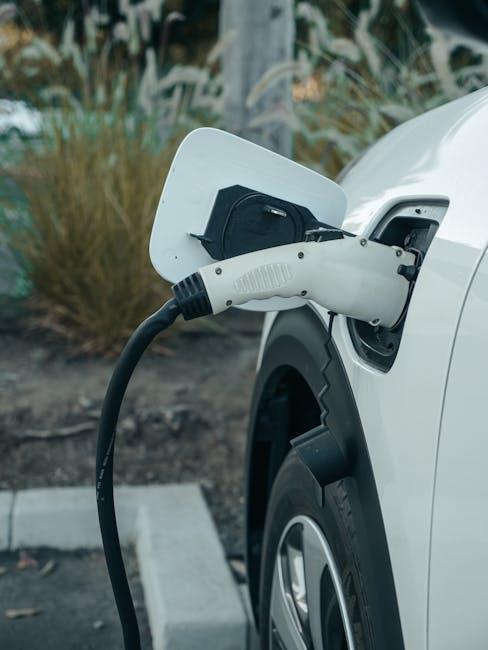Imagine a city where green spaces flourish, the air is crisp, and getting from point A to point B is as smooth as silk. This is no mere urban utopia—it’s within reach, thanks to the principles of sustainable urban transportation. In this listicle, we’ll uncover the “7 Key Elements of Sustainable Urban Transportation Systems” that can turn any concrete jungle into a haven of efficiency and eco-friendliness.
Whether you’re an urban planner, a sustainability enthusiast, or just a curious city dweller, this guide will illuminate seven crucial components that can unlock a smoother, greener, and more equitable transit future. From cutting-edge technology to community-focused initiatives, each element brings us one step closer to a harmonious urban environment. Get ready to explore, be inspired, and perhaps rethink how we navigate our bustling metropolises.
- Efficient Public Transit Systems
- Low-emission buses and trains
- Reliable service schedules
- Integrated ticketing systems
Effective public transportation reduces the number of personal vehicles on the road, decreases traffic congestion, and minimizes carbon footprints.
- Walkability and Bikeability
- Pedestrian-friendly sidewalks
- Dedicated bike lanes
- Bike-sharing programs
Encouraging walking and cycling not only promotes healthier lifestyles but also significantly reduces urban pollution levels.
- Smart Traffic Management
- Use of IoT for traffic control
- Dynamic traffic lights
- Real-time traffic updates
Advanced traffic management systems can efficiently reduce idle times, lower emissions, and improve travel time reliability.
- Alternative Fuel Vehicles
- Electric vehicles (EVs)
- Hydrogen fuel cell cars
- Access to charging stations
Adopting alternative fuel vehicles is essential for cutting down on fossil fuel dependency and mitigating climate change.
- Urban Green Spaces
- Parks and gardens
- Green roofs and walls
- Tree-lined streets
Incorporating nature into urban landscapes not only enhances aesthetic appeal but also improves air quality and reduces heat islands.
- Multimodal Connectivity
- Seamless transitions between transportation modes
- Interconnected transit hubs
- Unified fare systems
Effective multimodal systems support the integration of various forms of transport, making travel more efficient and user-friendly.
- Community Engagement and Policy Support
- Inclusive urban planning processes
- Incentives for sustainable transport options
- Public awareness campaigns
Communities need to be actively involved in transportation planning, ensuring that policies reflect the needs and preferences of the people they serve.
| Element | Benefit |
|---|---|
| Efficient Public Transit | Reduces congestion |
| Walkability | Promotes health |
| Smart Traffic | Improves travel times |
| Alternative Fuels | Decreases emissions |
| Green Spaces | Improves air quality |
| Multimodal Connectivity | Enhances user experience |
| Policy Support | Ensures sustainable practices |
To Wrap It Up
And there you have it—our journey through the 7 key elements of sustainable urban transportation systems has come to an end. From the smooth glide of electric vehicles to the rhythmic flow of traffic thanks to smart technology, each piece of this intricate puzzle moves us closer to cities that are not only efficient but also kind to our planet.
As we stand at the crossroads of innovation and tradition, it’s clear that building a sustainable urban transportation system isn’t just a lofty ideal; it’s a necessity. Whether you’re a city planner, an everyday commuter, or simply a dreamer of a greener world, let these elements serve as your roadmap. How we choose to weave these intricate threads will determine the tapestry of our urban future. So, let’s envision cities where the hum of progress harmonizes with the melody of nature, creating a symphony of sustainable living for generations to come.
